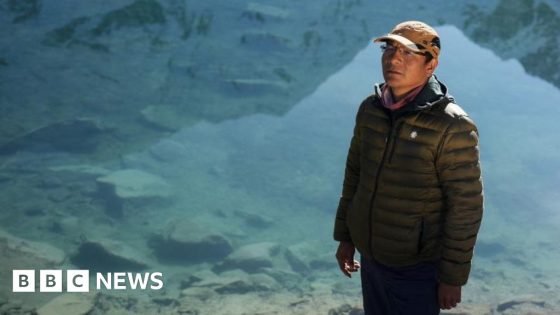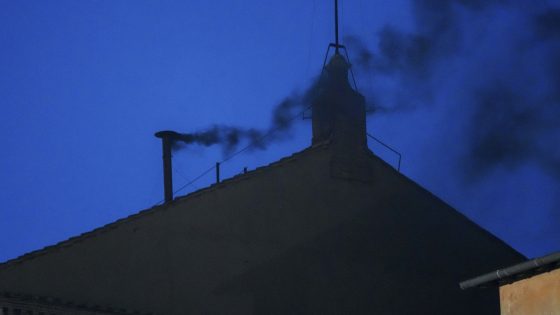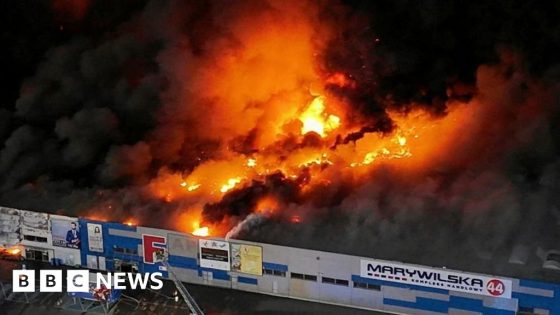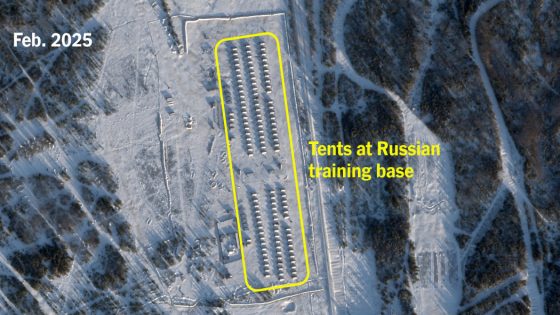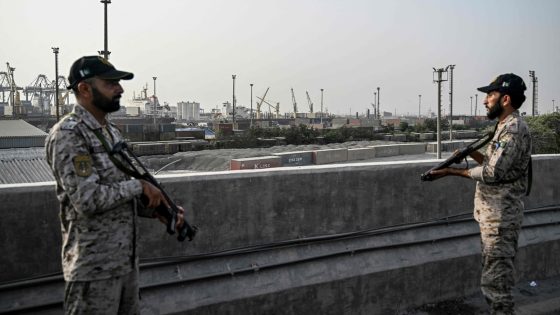A German court has recently rejected a significant lawsuit that highlights the global implications of climate change. The case, brought by Peruvian farmer Saúl Luciano Lliuya against energy giant RWE, centered on the claim that the company’s emissions contributed to the melting glaciers threatening his hometown of Huaraz. On 2025-05-28 16:15:00, the Hamm regional court ruled that the flood risk was insufficient to proceed, ending Lliuya’s decade-long battle.
- German court rejects farmer's lawsuit against RWE
- Farmer claims emissions threaten Huaraz with flooding
- RWE argues it is not active in Peru
- Court finds flood risk insufficient for case
- Ruling allows liability for major emitters
- Decision may influence future climate lawsuits
Lliuya sought €17,000 to fund flood defenses, arguing that RWE’s emissions were a direct threat to his community. While the court dismissed his claim, it acknowledged that major emitters could be held liable for climate-related risks, a potential turning point for future cases.
This ruling raises essential questions about corporate responsibility in the climate crisis. Can individual companies be held accountable for global emissions? This case could influence future litigation worldwide.
- RWE was deemed not directly responsible for Lliuya’s flood risk.
- The court’s decision may inspire similar lawsuits against major polluters.
- Climate activists view this as a critical step toward corporate accountability.
As climate change continues to threaten communities worldwide, it is crucial for individuals and organizations to advocate for accountability and sustainable practices among major corporations.



